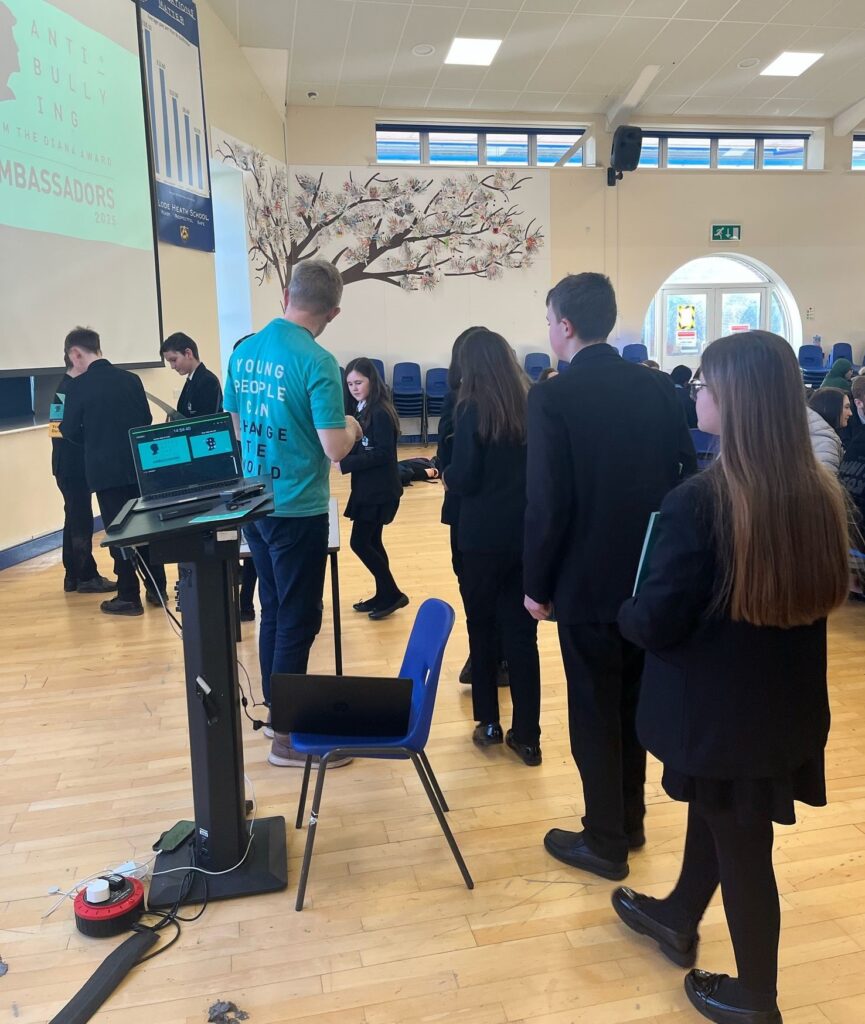

Knowledge Organisers
A knowledge organiser is a set of important information and key facts that are required for pupils to be successful within a subject. We call this Core Knowledge. For our pupils to be successful, we must equip them with the skills required to learn, retain and retrieve important information.
At Ash Green School, our teachers carefully create personalised knowledge organisers that support our curriculum delivery and contain all the core knowledge required for a topic. This is contained within an A4 page.
September 2024 – 2025
Knowledge organisers are referred to in all lessons. Therefore, all pupils are expected to bring them to school every day and to have them on their desks at the beginning of every lesson.
Knowledge organisers support all learners with identifying and using core knowledge and therefore pupils will be reminded to use them at many points within a lesson.
Teachers check the understanding of pupils at various points within a lesson. This may be through a low-stakes quiz, e.g. our entry tickets, or through asking pupils questions. Our teachers here at Ash Green School are involved in regular subject specific planning sessions where they use their subject expertise to plan the misconceptions that are likely to arise from pupils, and they ‘tweak’ their teaching to cater for these.
Knowledge organisers support with knowledge retrieval, the process of learning new knowledge, and subsequently knowledge retention, the ability for pupils to remember more.
Pupils are also expected to use their knowledge organiser when completing homework; it provides pupils with the information and knowledge required to access work set by their teacher and to complete it successfully.
The knowledge organiser contains various strategies that pupils may use to independently learn the information contained within it.
You can support your child by:
· Helping to them find the correct page for the subject they are completing homework for
· Asking them to read out information to you and then explaining it
· Supporting them to convert the information into a different format, e.g. a mind map
· Testing them regularly on their spellings of key words
· Encouraging them to make a glossary of key words and their definitions
· Reading sections out to them, missing out key words or phrases, and asking them to fill the gaps
There is a large amount of information within all knowledge organisers, and therefore they would only be expected to learn a small amount at a time.







